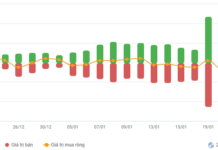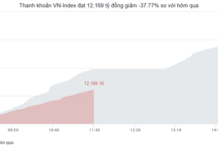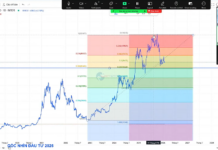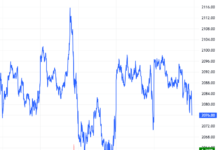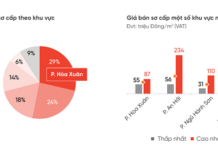The State Bank is drafting Decree 88 on administrative sanctions in the field of currency and banking.
Accordingly, the State Bank stipulates a fine of VND 400-500 million if banks attach non-mandatory insurance products to the provision of banking products and services in any form. This penalty is added to comply with the Law on Credit Institutions, which will take effect from the beginning of July 2024.
The new sanctioning regime in the banking sector comes after a series of complaints from people who said they were forced to buy life insurance when borrowing money over the past time. Many borrowers have accepted to buy life insurance (a high-value insurance product with long-term premiums) to get disbursed.
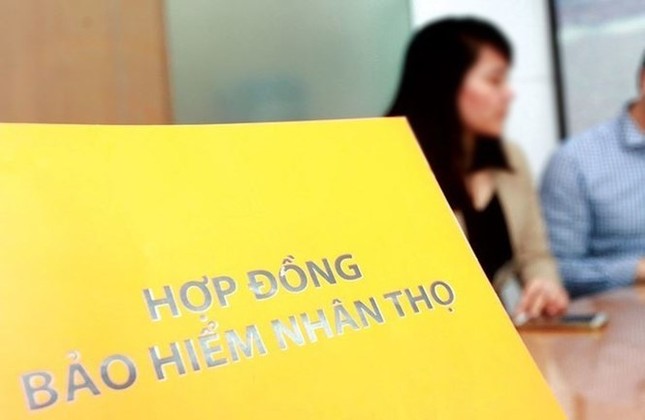
Adding sanctions to prevent banks from forcing customers to buy non-mandatory insurance for loans.
Talking to Tien Phong newspaper, Mr. Nguyen Quang Huy, a finance expert at Nguyen Trai University, said that in the first half of this year, there was still feedback that customers had to participate in insurance packages to get loan disbursements. The reason is that investment-linked insurance products are very high in commissions paid by insurance companies, with some agencies paying more than 100% to partners, causing banks to disregard the rules.
Also, according to Mr. Huy, although the law has strictly prohibited this, banks have the advantage of “holding the handle,” and borrowers still need them, so they have to participate. Many banks are also under pressure to recover revenue to meet the agreements they have signed with insurance companies.
If the target is not reached, the bank must refund the pre-paid expenses to the insurance company. Therefore, bank employees have to come up with new “tricks,” such as asking relatives to stand in their names or offering interest rate incentives of 1-2% per year if they agree to buy insurance, so that customers “voluntarily” agree. Bank employees also admitted that the pressure of targets made them suggest that customers participate in insurance.
“The proposal of the sanctioning level adds a tool to prevent the act of forcing customers to buy insurance for loans. This is beneficial for customers. This is an important step in protecting customer rights, ensuring transparency in banking activities, and rebuilding trust in the financial market.”
With strong sanctions, the situation of forcing the purchase of non-mandatory insurance can soon be controlled, contributing to building a healthy and sustainable business environment. It’s time for insurance and banking to “go their separate ways” to regain the trust of the people,” said Mr. Huy.
Previously, Circular 67 guiding the Law on Insurance Business, issued by the Ministry of Finance at the end of last year, also prohibited banks from selling linked insurance products (a form of life insurance) within 60 days before and after the full disbursement of the loan.
From 2014 to 2023, the period was considered the “golden period” for the rapid development of cross-selling insurance at banks. However, since 2023, after issues such as customers being forced to buy insurance, savings being turned into investment insurance, life insurance, etc., trust in the market has declined, and this business segment has fallen into crisis, with revenue at banks decreasing sharply and remaining gloomy up to now.
A series of problems from this business area have been discovered after inspections by competent authorities, and some serious violations have been uncovered, such as agents and bank employees not complying with insurance sales processes, loose premium management, low-quality consulting, and inaccurate customer information collection…

